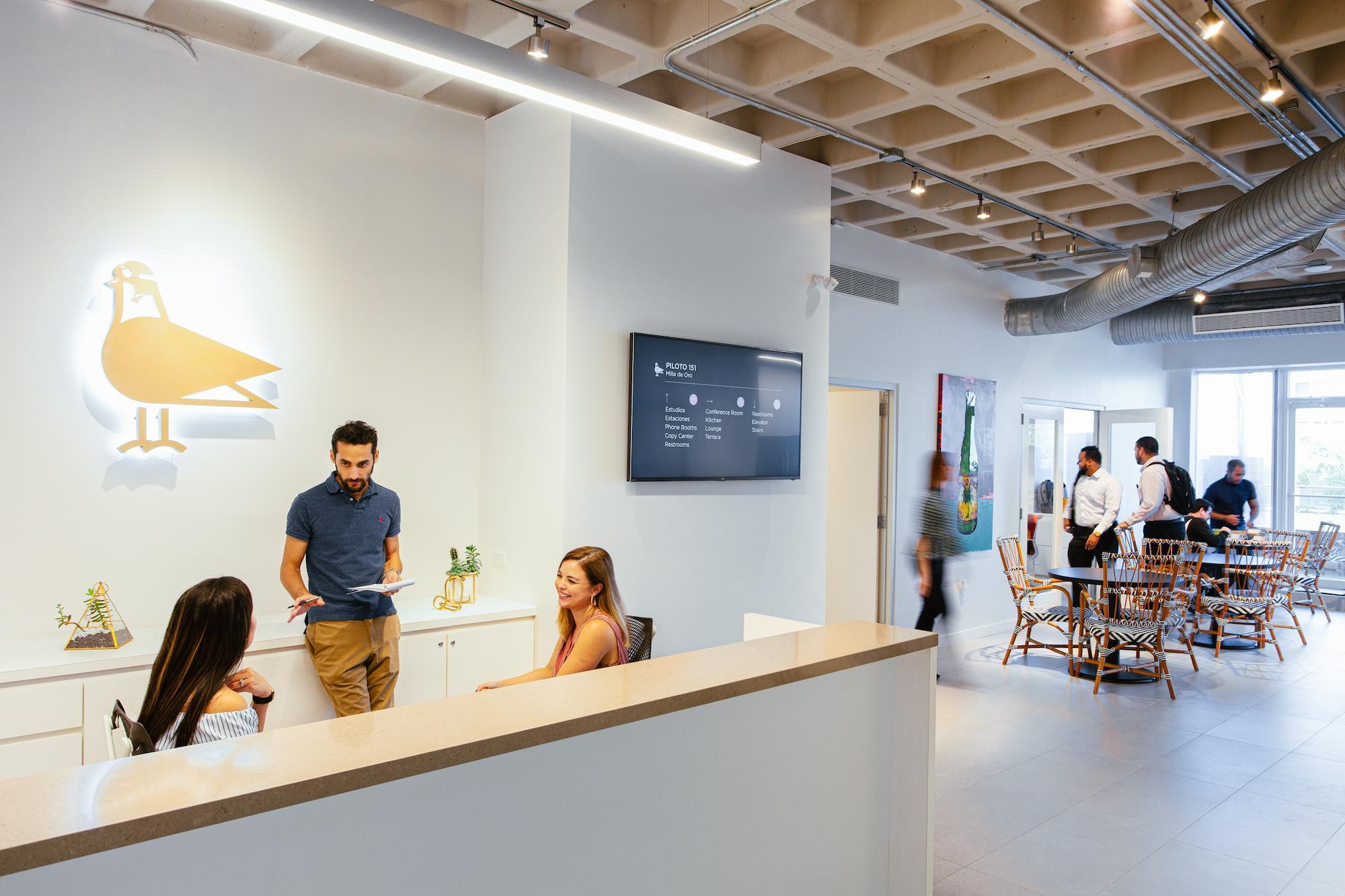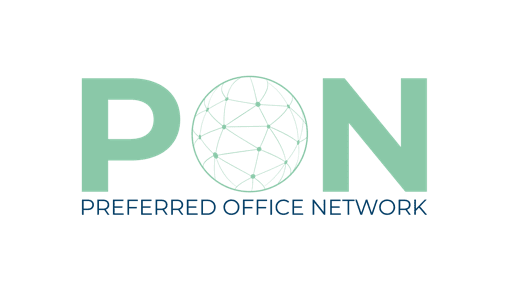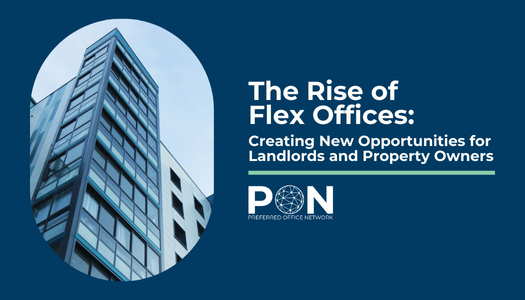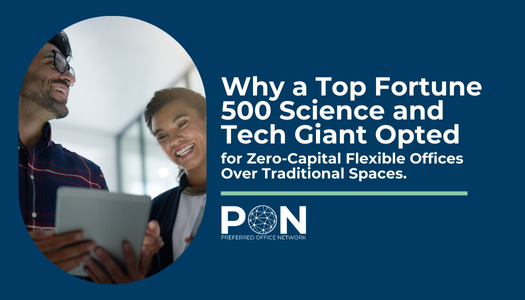
Flexible Workspace Is the #1 Employee Benefit for Today’s Workforce
The Great Resignation. The Great Attrition. The Great Reshuffle. While these terms describing the historic disruption in the job market have now become commonplace, the reasons behind this seismic shift are still being assessed by a slowly recovering workforce.
Perhaps the best term we can use to characterize this singular moment in time is the Great Reset, symbolizing this unique opportunity to rethink and revitalize the why, how, and where we do work.
Office life has largely remained unchanged since workers moved from farms, to factories, and then to workplaces after the Industrial Revolution. The savviest organizations among us will seize this once-in-a-lifetime occasion to create work structures and settings that truly serve their employees, recognize their needs, and honor how we live now.
Putting the Human Back into Human Resources
Retaining workers and attracting talent is the chief concern of many employers today and rightfully so; some 69 million workers quit their jobs last year. The pandemic upended our world in many ways, with our workplaces demonstrating just how fragile the static way of doing business really was. Suddenly, employers and employees alike needed to figure out how to navigate our new reality while staying effective, connected, and relevant.
This collective global experiment revealed the cracks in the foundation, but it also gave us the clarity to show how resilient we can be and the awareness that – in most cases – we can get the proverbial job done in increasingly innovative ways.
Workers suddenly found more agency over their career decisions and development and largely decided that finding enhanced purpose and flexibility to foster more life-work balance was the key to their satisfaction and happiness.
The man behind the term the Great Resignation, Texas A&M professor and organizational psychologist Anthony Klotz, said it best: “People are finding jobs that give them the right pay, benefits, and work arrangements in the longer term. There’s now a greater ability for people to fit work into their lives, instead of having lives that squeeze into their work.”
Klotz also predicts that flexible work arrangements will become the norm, not the exception. In fact, data from the WFH Research Project reveals that the freedom to work from anywhere is as valuable as a 10 percent pay raise to the majority of respondents.
The Benefits of Flexible Coworking for Employers
While we used to lionize companies for their profits, we now honor those organizations that are putting their employees first. Case in point: Matt Mullenweg, founder and CEO of Automattic – the parent company of WordPress – has been heralded for his pioneering of flexible work arrangements.
Since launching his company in 2005, Mullenweg has become the poster child for “asynchronous work,” which allows employees to choose not only where they want to work, but when. His vision has famously reduced employee turnover, increased productivity, and attracted talent from across the globe.
By literally breaking down the walls of the traditional office, employers not only save money by eschewing expensive leases, they also open up the talent pool beyond their headquarters home address. Adaptable coworking spaces — from private offices to custom suites and meeting rooms to hot desks — give employers the best of all working worlds. The advantages of having an established office space (up-to-date technology, administrative support, room for teams to grow) meet the growing employee demand for more flexibility in their day-to-day.
Offering flexible working arrangements has become a major factor in attracting and retaining talent for organizations of all sizes. LinkedIn research shows that flexible work arrangements are the fastest-growing priority for both current and prospective employees since the pandemic.
The bottom line: As companies reimagine their post-pandemic employee experience, it’s important to build intentionality into organizational decisions. Workers want to come together to build social bonds, amp up creativity and productivity, and feel supported by their employers — but they want to do so on their own terms.
Coworking Is the Future
To remain competitive in the marketplace, employers need to look beyond compensation only to attract and retain talent — a successful relationship with employees goes beyond the transactional. The evolving world of employee benefits, including such desirable options as flexible work arrangements, are changing what it means to work today.
By considering what employees need to be engaged, effective, and dedicated in their careers, which today means the flexibility that leads to better life-work balance, forward-thinking organizations are reshaping the future of work.



